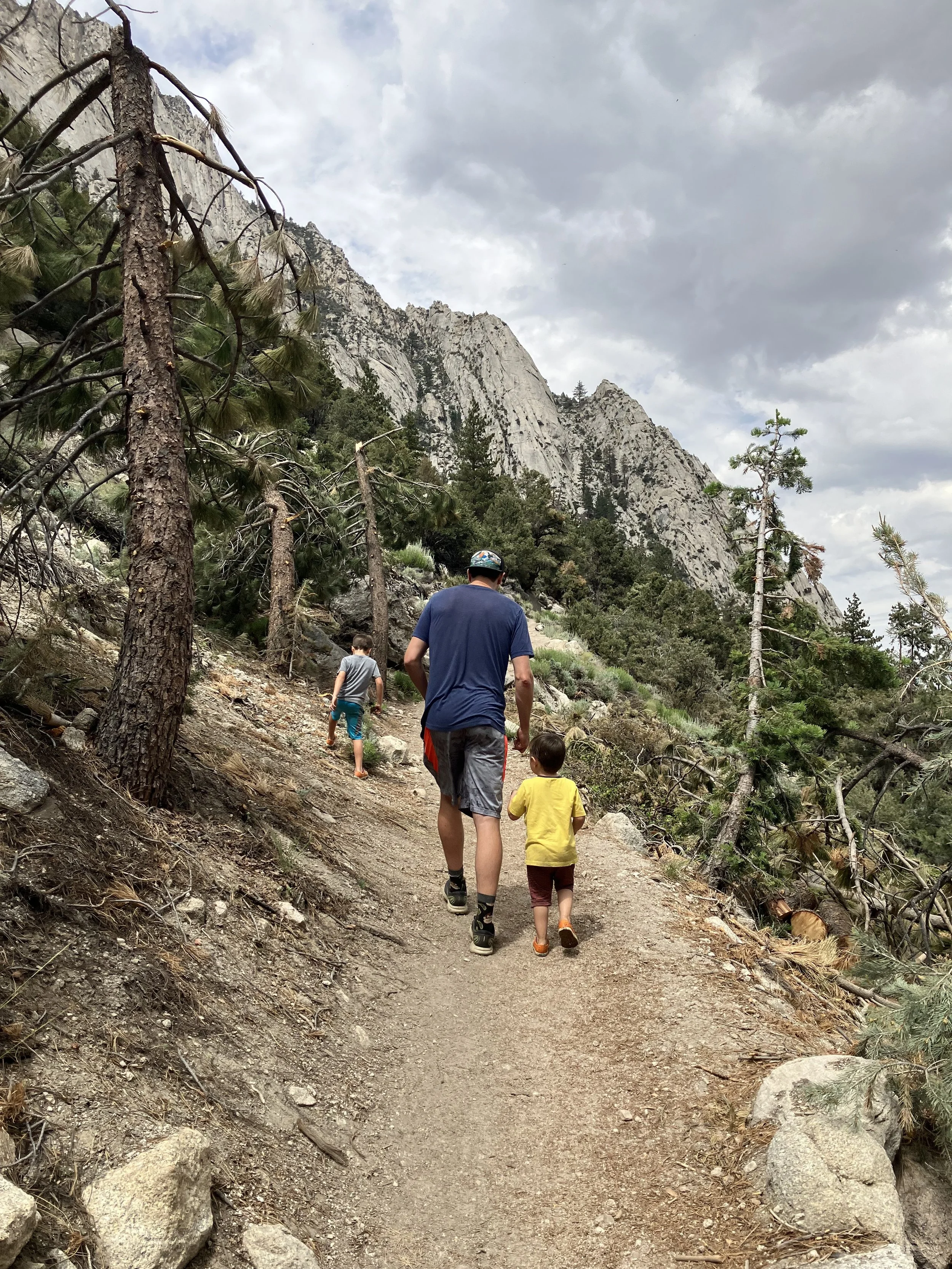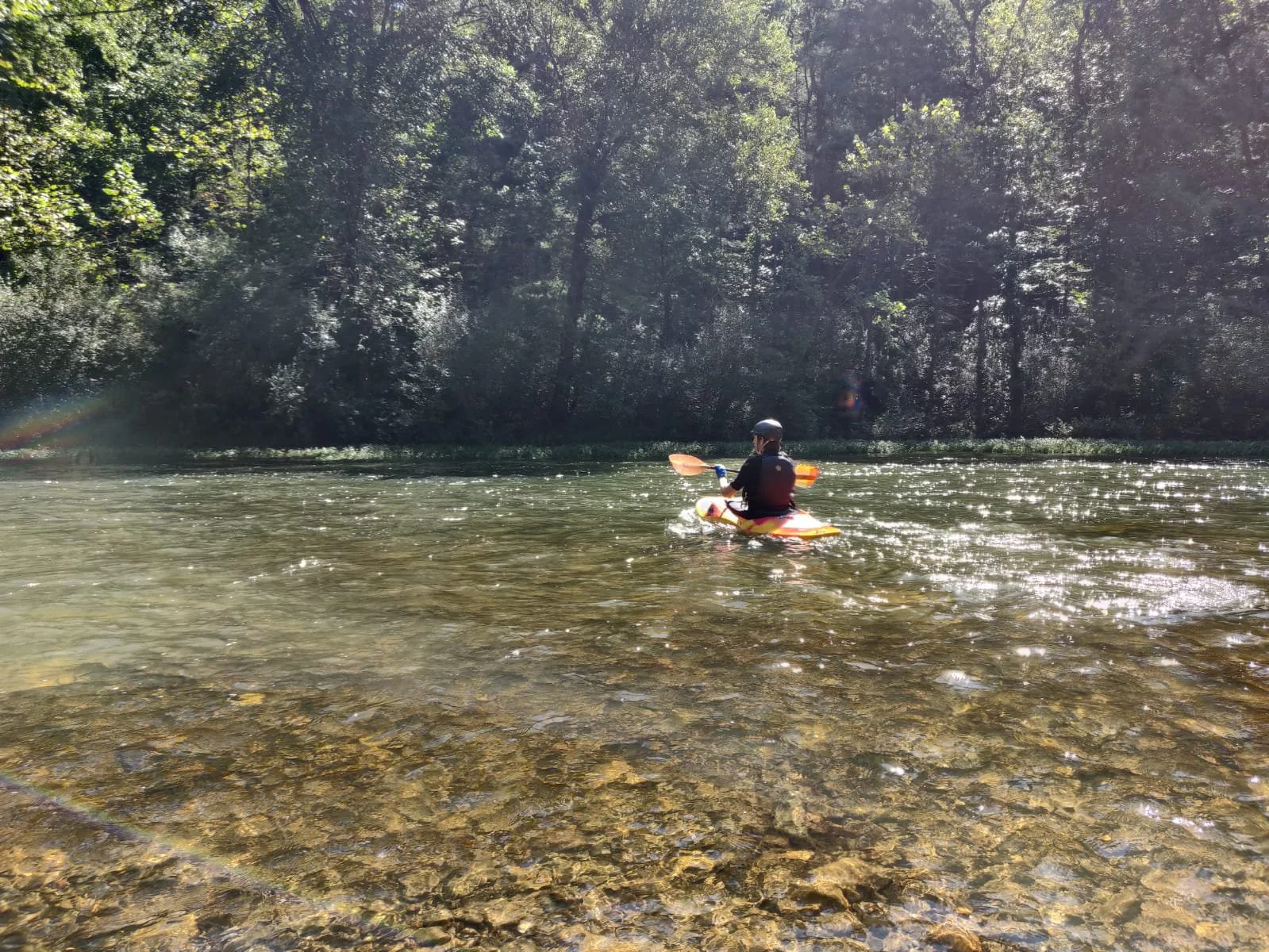
Bart Elmore is professor of environmental history and core faculty member of the Sustainability Institute at the Ohio State University.
He is also the award-winning author of Citizen Coke: The Making of Coca-Cola Capitalism (W. W. Norton, 2015) and Seed Money: Monsanto’s Past and Our Food Future (W. W. Norton, 2021). He currently edits the Histories of Capitalism and the Environment book series at West Virginia University Press.
The convergence of Bart’s interest in and passion for the natural world, history, and the American South is a winding one. It started north of Atlanta, where he was born and raised exploring mountains and rivers by foot and kayak. After college, he made a pit stop in Savannah, Georgia, where he taught history in a public high school, an experience that pushed him to go off to grad school at the University of Virginia. There he took an environmental history course that primed him for his professional calling. In 2012, he accepted the Ciriacy-Wantrup Postdoctoral Fellowship in Natural Resource Economics and Political Economy at the University of California, Berkeley. He then served three years as Assistant Professor in the Department of History at the University of Alabama beginning and helped start the department’s environmental history program before joining the OSU faculty in 2016.
At Ohio State, Bart became a core member of the Sustainability Institute and has focused his research on finding lessons from the past that can help create a more eco-conscious economy in the future. But first and foremost, Bart thinks of himself as a teacher, and in 2018 he was honored to receive the Alumni Distinguished Teaching Award, Ohio State University's highest teaching accolade.
Bart's first book, Citizen Coke, uncovered the untold environmental history of Coca-Cola, a firm founded in his hometown that became a universally recognized symbol of American capitalism around the world. In this book, Bart unveiled Coca-Cola’s playbook of outsourcing the majority of the costs associated with making and distributing the raw materials that go into Coke’s beverages. Citizen Coke won the Council of Graduate Schools Gustave O. Arlt Award and the Axiom Business Book Award for best business commentary. In part because of his work on Coca-Cola, the New America Foundation, a Washington, DC-based think tank, named him a Carnegie Fellow in 2017.
Seed Money is a deeply researched and eye-opening exposé, detailing how Monsanto came to have outsized influence over our food system. It won the 2020 J. Anthony Lukas Work-In Progress award from the Nieman Foundation for Journalism at Harvard and the Columbia Journalism School and the 2022 IACP Food Issues and Matters Award. It was also a finalist for both the American Society for Environmental History's George Perkins Marsh Prize and the 2022 Hagley Prize in Business History sponsored by the Business History Conference and the Hagley Museum and Library. In 2022, Bart was awarded the Dan David Award, the largest history prize in the world described by the Washington Post as a new "MacArthur-style 'genius grant.'"
In 2023, Bart published his third book, Country Capitalism: How Corporations from the American South Remade Our Economy and the Planet (Ferris and Ferris, 2023), which came out with the University of North Carolina Press's new trade imprint, Ferris and Ferris. The book traces the ecological history of five southern firms--Coca-Cola, Delta Airlines, Walmart, FedEx, and Bank of America--and shows how these firms helped create our have-it-now, fly-by-night, buy-on-credit economy.
Bart received his B.A. in History from Dartmouth College and his M.A. and Ph.D. from the University of Virginia. He currently resides in Columbus, Ohio, with his wife, Joya, and their two sons, River and Blue. For fun, he loves whitewater kayaking, mountain biking, backpacking, basketball, and mixing digital beats.

Why I teach
Though most of my students don’t know it, before I walk into a big lecture hall at Ohio State, I often stop behind the door, close my eyes, and ask myself: What do I want my students to take away from today’s class?
Why should these folks have bothered to get up this morning and come to this place? Often students have just eighty minutes with me--just eighty minutes--and I consider that time precious.
My goal is to provide students with a suite of skills they need to become engaged citizens committed to solving pressing issues of our time. I want them to see that history is alive--that every professional in every field draws on history to achieve objectives everyday. I often look out at the class and see a future politician who may need to invoke the past to get a climate bill through Congress, the lawyer who has to understand the details of civil rights legislation in order to help a client, the entrepreneur who needs to understand economic history in order to address a financial crisis, and the aspiring doctor who must know how to digest historical data in order to figure out how best to stamp out a global pandemic. No one should leave my class wondering, “What do I do with a history major?” Instead, they should be asking themselves how it is that anyone can consider themselves prepared to go out into the world without a solid understanding of the past.
What’s so magical to me about the classroom experience is that by inviting students to discuss the pressing issues of our time in a historical context, they lead me down paths I never intended to go down. Over the years, I’ve come to realize that I am not always the expert in the room--that my students often have answers to questions I never thought of before, which is why I always consider them co-captains of my course. They have made me a better scholar, a better person, and, frankly, a better parent and spouse. I feel fortunate to be both a teacher and a student at the same time.
I’m also thankful for the mentors who dedicated so much time to showing me how to do this gig the right way. My graduate advisers at Virginia--Ed Ayers, Brian Balogh, Grace Hale, and Ed Russell--pushed me to care about the details, from the dynamics of managing hard conversations to the simple mechanics of manipulating the physical space of a classroom. Virtually every semester, I “work” my room, conducting a thorough walkthrough to figure out how the light switches function, how to adjust the sound coming out of speakers, making slight tweaks to seating, tables, etc. to make the space my own. I also prepare myself for the challenging discussions we are about to have, sometimes simply by taking the time to meditate before heading to lecture.
The lesson that I keep in the center of my mind is that in all the hustle and bustle of producing books, in all the chaos of trying to publish scholarly articles, students come first (it’s one of the reasons I still wear a tie to class, a small symbol of respect to the people that have enrolled in my course). As Ed Ayers once told me, “You can never steal enough time from your students to be a good scholar.”
Why is history important?
Bart Elmore’s perspective on why history matters, how it shapes everyday life, and what a historian-teacher really does — along with the joys, challenges, and practical advice for aspiring historians.
